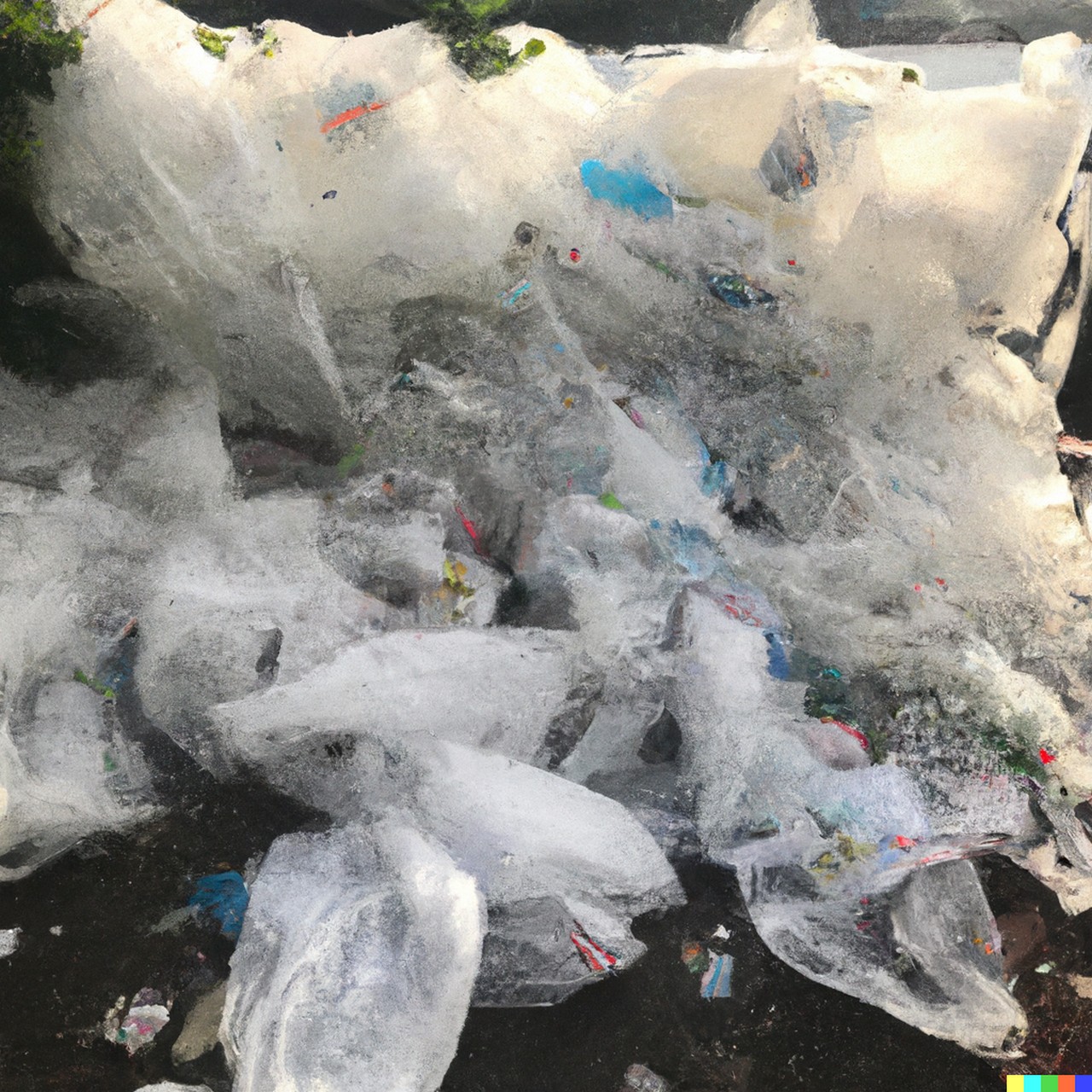The overuse of plastic bags has become a major environmental concern in recent years. These bags take hundreds of years to decompose, and as they do, they release harmful chemicals into the soil and water. In response to this issue, many countries and states have implemented laws to ban or reduce the use of plastic bags in stores.
But what will stores use instead of plastic bags?
Many retailers are now turning to sustainable and eco-friendly alternatives to replace the plastic bags that have been a staple in their stores for so long. In this article, we will explore 10 alternatives that stores can use instead of plastic bags, to help create a greener and more sustainable future.
The Need for Sustainable Alternatives
With the negative impact of plastic bags on the environment, it’s necessary for stores to switch to more sustainable alternatives. These alternatives not only reduce the amount of waste generated but also help conserve natural resources.
10 Alternatives to Plastic Bags
- Reusable bags – One of the most popular and effective alternatives to plastic bags is reusable bags. These bags are made from eco-friendly materials such as cotton, jute, or hemp, and can be used multiple times, making them a great investment for customers and stores.
- Paper bags – Another commonly used alternative to plastic bags is paper bags. They are biodegradable and recyclable, making them a much greener option. However, they are not as durable as reusable bags and may not be suitable for heavy items.
- Compostable bags – These bags are made from plant-based materials and can break down into natural components, making them an excellent alternative to plastic bags. They are also suitable for storing organic waste, which can be composted later.
- Woven bags – Woven bags are made from materials such as cotton or jute and are durable enough to carry heavy items. They are also reusable, making them a great alternative to plastic bags.
- Mesh bags – These bags are made from lightweight materials such as cotton or polyester and are ideal for storing fruits and vegetables. They are reusable and washable, making them a sustainable alternative to plastic produce bags.
- Biodegradable plastic bags – These bags are made from biodegradable materials that break down into natural components over time. While they are not as sustainable as reusable bags, they are still a better alternative to traditional plastic bags.
- Cloth bags – Cloth bags are made from natural materials such as cotton or hemp and are durable enough to be used repeatedly. They are also washable, making them a more sustainable option than plastic bags.
- Tote bags – Tote bags are becoming increasingly popular due to their durability and versatility. They are made from materials such as canvas or cotton and can be used for a variety of purposes, including grocery shopping.
- Silicone bags – Silicone bags are an innovative alternative to plastic bags, as they are reusable and easy to clean. They are also made from non-toxic materials, making them safe for storing food.
- Glass jars – Glass jars are an eco-friendly alternative to plastic bags for storing dry goods such as grains, beans, and pasta. They are durable, reusable, and provide an airtight seal to keep food fresh.
FAQs
Q1. Why are plastic bags bad for the environment?
A1. Plastic bags take hundreds of years to decompose and release harmful chemicals into the soil and water as they break down. They are also a major contributor to plastic pollution in the ocean, endangering marine life.
Q2. Can reusable bags be recycled?
A2. Yes, reusable bags can be recycled, but they are designed to be used multiple times before needing to be recycled. When they are no longer usable, they can be recycled or repurposed into something else.
Q3. Are compostable bags as durable as plastic bags?
A3. Compostable bags are not as durable as plastic bags, but they are still strong enough to carry groceries and other items. They are designed to break down into natural components, so they should not be reused multiple times.
Conclusion
In conclusion, with the negative impact of plastic bags on the environment, it’s essential for stores to switch to more sustainable alternatives. There are numerous eco-friendly options available for stores to choose from, including reusable bags, paper bags, compostable bags, woven bags, and more. Each alternative has its own unique benefits, and it’s up to individual stores to choose the ones that best suit their needs. By making this switch, stores can help create a greener and more sustainable future, while also meeting the needs of their customers. So, “What will stores use instead of plastic bags?” The answer is sustainable and eco-friendly alternatives that can benefit both the environment and the business.
